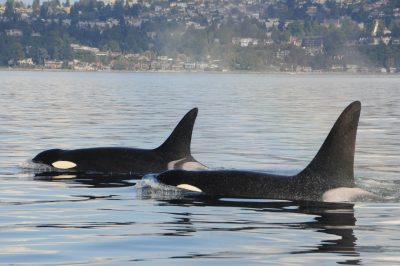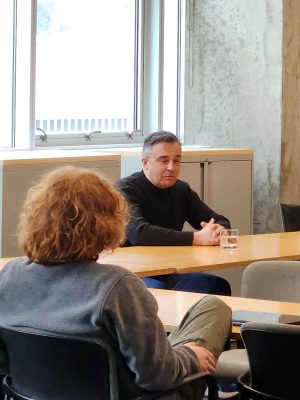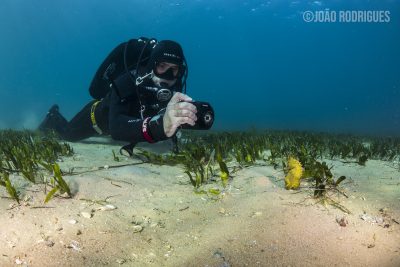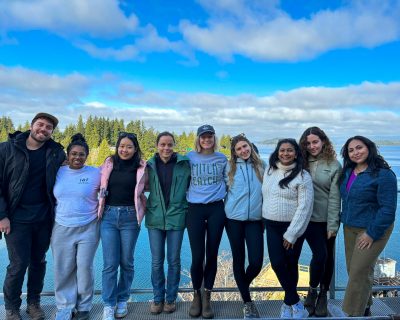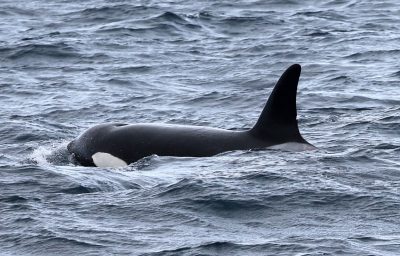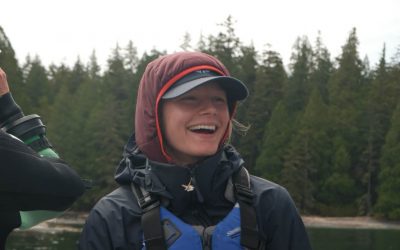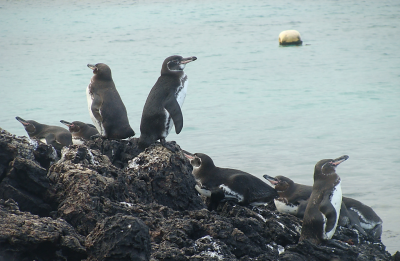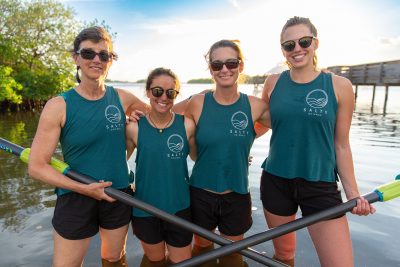What could be impacting the food source of Southern Resident killer whales?
There are currently 74 Southern Resident killer whales, and this population is listed as endangered in both Canada and the U.S. The species relies on Pacific salmon (Chinook and coho) for food, however these salmon populations have been decreasing for decades.
MP Mike Kelloway visits IOF
Mike Kelloway is federal Parliamentary Secretary to the Minister of Fisheries, Oceans and the Canadian Coast Guard
Citizen scientists contribute vital information about 35 seahorse species: their geographic ranges, habitats, and pregnancy seasonality
Thanks to diligent observers, seahorses, those enigmatic and charismatic fish, are not only being discovered in new habitats and expanded geographic ranges, they are also being found at new ocean depths. While their capacity for male pregnancy has long fascinated people, new information on sex ratio and pregnancy seasonality has been discovered by, well, you. […]
PEEC 2024 sees students engage with Indigenous history, science and conservation
At PEEC 2024, IOF students presented and explored Pacific ecology and evolution research and learned about Indigenous history and conservation efforts along the Pacific Northwest.
Shark-bitten orcas in the Northeastern Pacific could be a new population of killer whale
UBC researchers believe a group of killer whales observed hunting marine mammals including sperm whales, as well as a sea turtle, in the open ocean off California and Oregon could be a new population.
Student Aleah Wong is Storytellers Challenge finalist
MSc student Aleah Wong, who has made it to the final round of the Social Sciences and Humanities Research Council (SSHRC) 2024 Storytellers Challenge.
Researching the vulnerabilities women fishers are facing in Nigeria
Student profile: Ayodele Oloko, PhD student in the Fisheries Economics Research Unit
Environmental DNA in nearshore ecosystems in urban & non-urban environments
Student profile: Grace Melchers, MSc student in the Pelagic Ecosystems Lab
Microplastics may be accumulating at a high rate in endangered Galápagos penguins’ food web
The model predictions showed a rapid increase in microplastic accumulation and contamination across the penguins’ prey organisms resulting in Galápagos penguin displaying the highest level of microplastics per biomass, followed by barracuda, anchovy, sardine, herring, and salema and predatory zooplankton.
All-woman crew of marine scientists rowing 5,000 km non-stop for ocean conservation
The all-woman ‘Salty Science’ crew is taking part in the World’s Toughest Row – Atlantic 2023, where teams row without stopping and without support from San Sebastian de La Gomera in The Canary Islands to Nelson’s Dockyard in Antigua.
